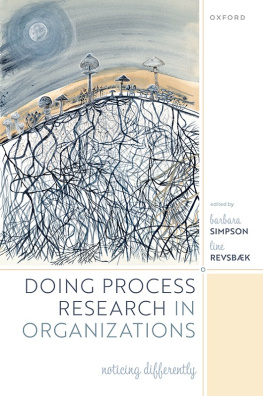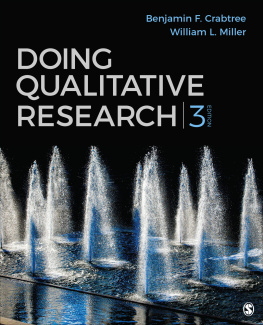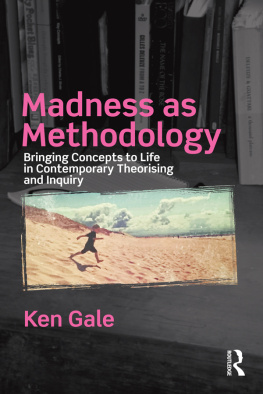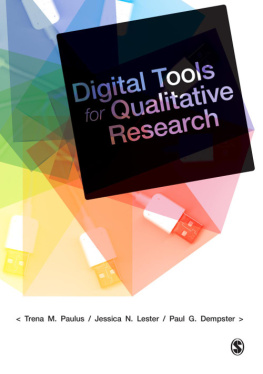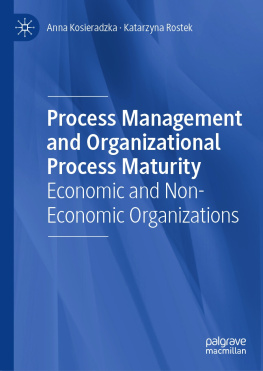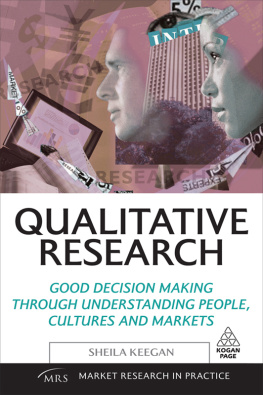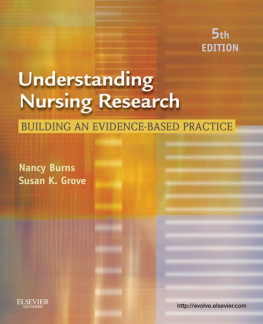

Great Clarendon Street, Oxford, OX2 6DP,
United Kingdom
Oxford University Press is a department of the University of Oxford. It furthers the Universitys objective of excellence in research, scholarship, and education by publishing worldwide. Oxford is a registered trade mark of Oxford University Press in the UK and in certain other countries
Oxford University Press 2022
The moral rights of the authors have been asserted
Impression: 1
All rights reserved. No part of this publication may be reproduced, stored in a retrieval system, or transmitted, in any form or by any means, without the prior permission in writing of Oxford University Press, or as expressly permitted by law, by licence or under terms agreed with the appropriate reprographics rights organization. Enquiries concerning reproduction outside the scope of the above should be sent to the Rights Department, Oxford University Press, at the address above
You must not circulate this work in any other form
and you must impose this same condition on any acquirer
Published in the United States of America by Oxford University Press
198 Madison Avenue, New York, NY 10016, United States of America
British Library Cataloguing in Publication Data
Data available
Library of Congress Control Number: 2022934633
ISBN 9780192849632
DOI: 10.1093/oso/9780192849632.001.0001
Printed and bound by
CPI Group (UK) Ltd, Croydon, CR0 4YY
Links to third party websites are provided by Oxford in good faith and for information only. Oxford disclaims any responsibility for the materials contained in any third party website referenced in this work.
Preface
It is fifty years since John Bergers ground-breaking Ways of seeing was first broadcast on British television. In this series, and its subsequent book adaptation, Berger (1972) develops the then-radical proposition that what we see when we look at a work of art is profoundly and often unconsciously influenced by the political and social systems within which we, as viewers, are entangled. He invites a critical attitude that acknowledges the diversity of possible responses to any creative work as a valuable source of new insight. This argument is now widely accepted, informing a whole culture of critique that applies not only to the visual and performing arts, but also to literature and the activities of reading and writing more generally.
In this book, chapter authors are particularly concerned with the reading and writing (i.e. the doing) of organizational research, where understanding that what we see in any particular situation may not necessarily accord with what others see. Different noticings, as they arise in various circumstances, guide us in responding differently, engaging differently, and thus creating our world(s) differently. Following Berger, when we allow ourselves to be struck by these differences, we produce fertile ground upon which to create new ways of appreciating organization and the dynamics of organizing. By noticing something that has previously gone unnoticed, that is by noticing differently, we can better direct our attention away from well-known and predictable facts, towards the emergence of genuinely novel knowings and the worldmaking this implies. Whilst this may seem an appealing, even obvious idea, the skills and capacities for noticing differently remain under-developed in the organization studies research community. Indeed, understanding of process ontology in the doing of organization research is still nascent. In recognition of this deficit, this book seeks to contribute specifically to the practising of organizational researching, and also to adjacent areas of inquiry such as posthuman and post qualitative studies, social anthropology, human geography, and education.
It is not our intention though, to suggest that this book somehow provides all, or even limited answers. There is no formula or failsafe recipe for doing process ontological research. Rather, we hope readers will find inspirations heredifferent noticings of their ownthat develop process ontological sensibilities in their own journeys of inquiry. Committing, in this way, to the continuous evolution of knowing, is consistent with the ontological orientation that runs as a linking thread throughout the chapters of this book, and which obliges us always to notice differently in the continuous unfoldings of experience. It is also consistent with the intellectual trajectories that we (Barbara and Line) have travelled, and continue to travel, in our own questing for previously unnoticed and potentially transformative differences. We have both benefitted immeasurably from the process thinking of the American Pragmatists, who challenge us to consider actions not in terms of their antecedents, but their practical consequences. This performative and future orientation reminds us that we are already entangled with the becomingness of the world and the people to come, which in turn implies certain responsibilities to engage (and engage differently) in transformational change. Pragmatism also provides a natural segue to more contemporary philosophical thinkers such as Gilles Deleuze, Rosi Braidotti, Karen Barad, and Donna Haraway, each of whom has offered us, and many of the chapter authors in this book, new opportunities to notice differently.
Our journeying has been further enriched by a number of communities of inquiry including the annual Process Organization Studies (PROS) symposia, the Complexity and Management Centre at the University of Hertfordshire, the EGOS Standing Working Group on Doing Process Research (20172020), the ResearchGate online community for Pragmatism and Organization Studies, and the supportive collegial atmospheres that we have enjoyed at Aalborg University (DK) and Strathclyde Business School (UK). All of these have offered an abundance of opportunity to notice differently and create afresh. Words cannot adequately express our gratitude for these opportunities to discuss, chew over, debate and generate together. And finally, where would we be without the sustained relationships we enjoy with our doctoral supervisees, research collaborators, and students? Their willingness to step off well-trodden paths has created the conditions for both them, and us, to continue to invent and grow. What joy!
BS & LR
Berger, John (1972). Ways of Seeing. London: British Broadcasting Corporation / Penguin Books.
Contents
Line Revsbk and Barbara Simpson
Silvia Gherardi and Michela Cozza
Ariana Amacker and Anna Rylander Eklund
Charlotte Wegener
Anne Augustine
Stephen Linstead
Timon Beyes
Sideeq Mohammed
Boris H. J. M. Brummans
Katie Beavan
Alecia Y. Jackson, Lisa A. Mazzei, Line Revsbk, and Barbara Simpson
List of Illustrations
List of Contributors
Ariana Amacker is currently studying somatic pedagogy at ISLO in eastern Finland and was previously a Senior Lecturer in Design at the University of Lincoln. Her experiential inquiry, based in Classical Pragmatist philosophy, explores intersections between design, performance, movement, and imagination.
Anne Augustine is a senior teaching fellow in leadership and organisational dynamics at Strathclyde Business School, and an independent organisational consultant. She is writing up her doctoral thesis on practising caring in organisations and organising. As a transdisciplinary researcher, Anne enjoys collaborative explorations into the practical applications of social ethics, classical pragmatism, feminist technoscience, and post qualitative inquiring. As an organisational consultant and teaching fellow, she facilitates experiential learning and purposeful action on leadership, strategy, and social impact. Anne has an MBA from the University of Oxford, and a Masters in Organisational Consultancy from the Tavistock and Portman NHS Foundation Trust. She is a Fellow of the Royal Society for the Encouragement of Arts, Manufactures and Commerce.
Next page
